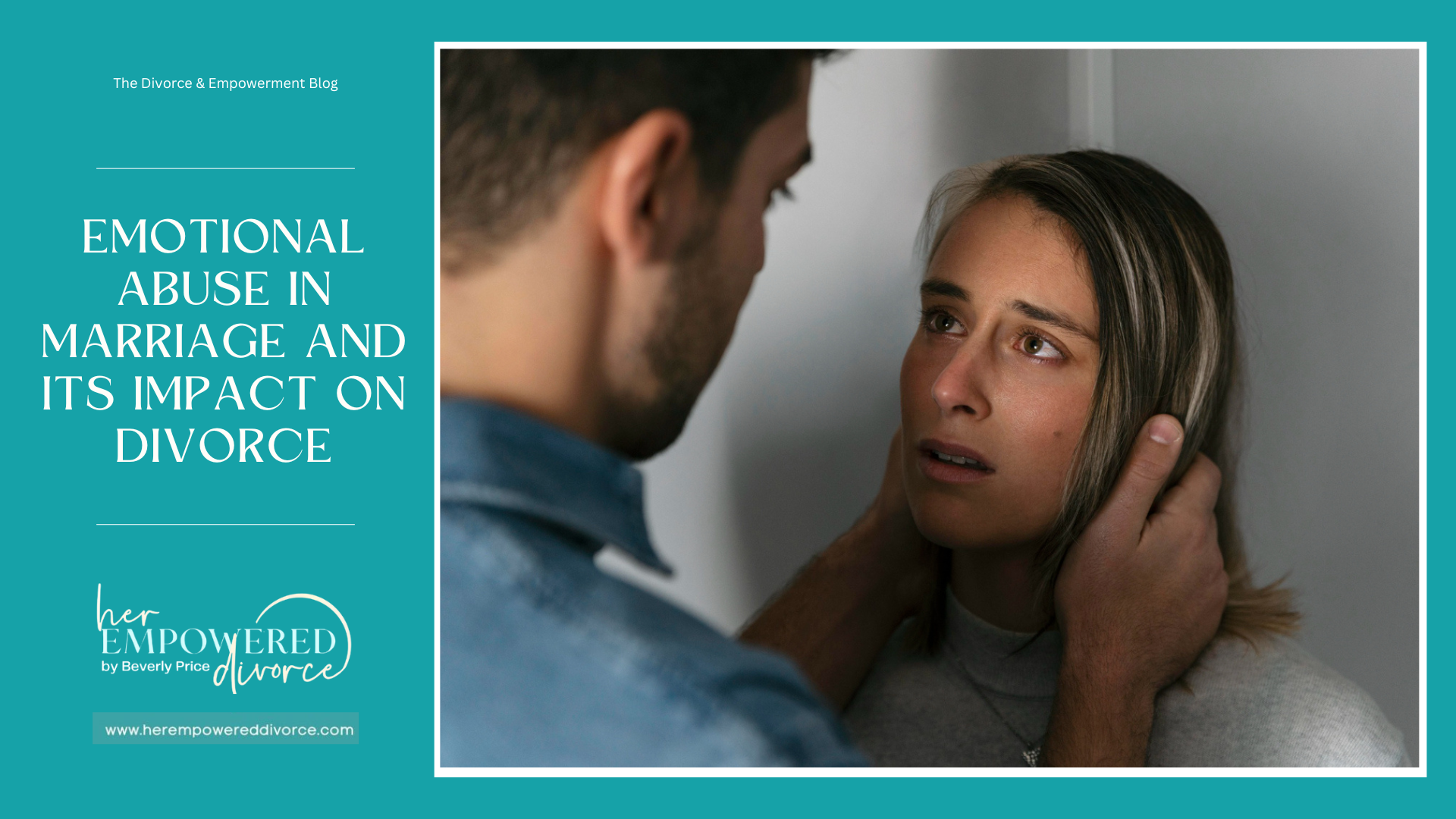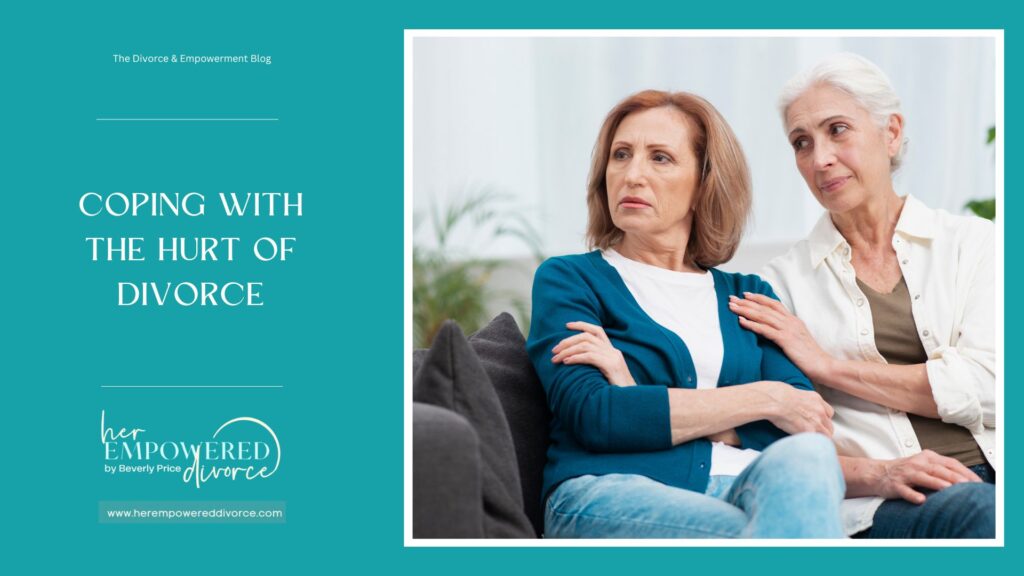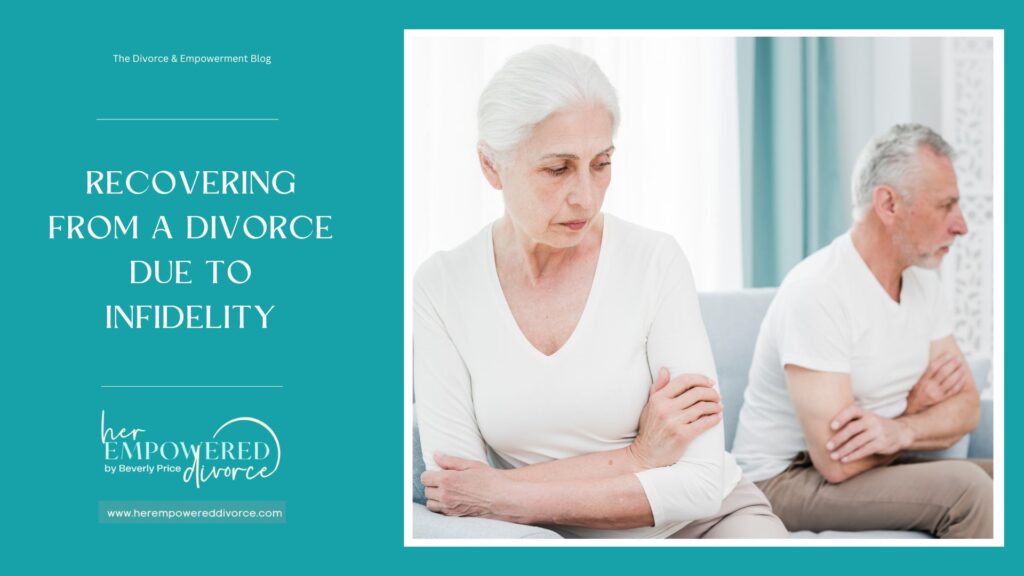Emotional Abuse in Marriage and Its Impact on Divorce: How to Heal and Move Forward
When we think about abuse in relationships, it’s easy to focus on the physical aspects—bruises, broken bones, or visible signs of harm. But emotional abuse, though less visible, is just as damaging and can leave lasting scars that persist well beyond the end of a marriage. For many people experiencing emotional abuse, the divorce process becomes an extension of the pain they’ve already endured. The scars of manipulation, control, and emotional neglect can linger long after the marriage is over, often complicating the process of moving on.
In this blog, we’ll explore how emotional abuse carries into divorce, its long-term effects, and most importantly, ways to heal and reclaim your life after such an experience.
Understanding Emotional Abuse in Marriage
Emotional abuse can take many forms, but it often revolves around tactics aimed at controlling or manipulating the victim. Unlike physical abuse, emotional abuse doesn’t always leave visible marks, but the psychological toll can be just as severe. Some common signs of emotional abuse include:
- Constant Criticism: The abuser may belittle, insult, or criticize their partner, often undermining their confidence or self-worth.
- Gaslighting: The abuser manipulates the victim into questioning their own reality, making them feel confused, anxious, or unstable.
- Isolation: The abuser may isolate their partner from friends, family, or support systems, making them feel alone and dependent on the abuser.
- Control: Emotional abusers often try to control every aspect of their partner’s life, including what they wear, where they go, and who they interact with.
- Verbal Aggression: Name-calling, yelling, and making threats are common tactics used to intimidate and dominate the victim.
Over time, these behaviors can erode the victim’s sense of self-worth and leave them feeling trapped in the relationship. Emotional abuse is subtle but insidious, often starting with small comments or actions that gradually escalate into more serious patterns of control and manipulation.
Emotional Abuse in Divorce: When the Pain Doesn’t End
When a marriage built on emotional abuse ends in divorce, the emotional toll doesn’t automatically disappear. In fact, for many victims of emotional abuse, the divorce process becomes an extension of the abuse. Even though the relationship is technically over, the manipulative behaviors can continue, especially if there are shared responsibilities like children, finances, or property.
One of the most common ways emotional abuse manifests in divorce is through continued manipulation. Abusers often use tactics like guilt-tripping, playing the victim, or threatening to use the legal system against the other person. In some cases, they might use the children as pawns, attempting to manipulate or control visitation and custody arrangements. The emotional abuse might not look the same as it did during the marriage, but it remains deeply damaging.
For those going through a divorce with an emotionally abusive partner, it’s common to feel like you’re still walking on eggshells. You may feel overwhelmed, anxious, or as though you’re constantly being pushed to second-guess yourself. The uncertainty and fear created by ongoing emotional manipulation can make the process of divorce even more painful and difficult to navigate.
The Long-Term Effects of Emotional Abuse After Divorce
The scars left by emotional abuse are often invisible, but they can last long after the marriage has ended. Victims of emotional abuse often struggle with feelings of shame, low self-esteem, and a lack of trust—both in others and in themselves. Here are some of the long-term effects that survivors of emotional abuse might face:
- Difficulty Trusting Others: After being manipulated and betrayed, it can be incredibly hard to trust people again. This can affect future relationships and even friendships, making it difficult to let people get close.
- Post-Traumatic Stress: Emotional abuse can lead to symptoms of PTSD, such as hypervigilance, anxiety, flashbacks, and nightmares. Even after the divorce, the emotional trauma may continue to affect daily life.
- Low Self-Worth: Years of criticism and belittling can cause a person to lose confidence in themselves, believing they are unworthy of love or happiness. This can impact their emotional well-being and ability to form healthy relationships in the future.
- Depression and Anxiety: The toll of emotional abuse often leads to ongoing struggles with mental health. Survivors of emotional abuse may experience depression, anxiety, or panic attacks, particularly in situations where they feel controlled or unsafe.
While the legalities of divorce can eventually be settled, the emotional and psychological recovery can take much longer.
How to Heal from Emotional Abuse After Divorce
The process of healing from emotional abuse is neither quick nor easy, but it is possible. If you’ve been through an emotionally abusive marriage and are now facing the challenges of divorce, here are some strategies to help you reclaim your life and heal from the trauma:
- Acknowledge the Abuse and Validate Your Pain
The first step in healing is recognizing and acknowledging the abuse for what it was. Emotional abuse can make you feel like you’re crazy or that you’re overreacting, but the truth is that your feelings are valid. Allow yourself to grieve the pain you’ve experienced, and don’t minimize it. It’s important to give yourself permission to feel the hurt, anger, and sadness that come with leaving an abusive situation. - Seek Therapy and Professional Help
Emotional abuse often leaves deep psychological wounds, and one of the most important steps in healing is to seek professional help. A therapist who specializes in trauma or abuse can help you process the emotional scars, rebuild your self-esteem, and provide coping strategies for dealing with the ongoing effects of abuse. A divorce coach is critical to dealing with this in and after divorce.A therapist focuses on things from the past and a divorce and recovery coach focuses on the present and future. - Set Boundaries and Protect Yourself
If your abusive ex-spouse is still trying to manipulate or control you, setting firm boundaries is essential. This can include limiting or cutting off communication, especially if the conversations are emotionally charged or abusive. If you share children, it may be necessary to establish clear guidelines for co-parenting, keeping interactions as neutral as possible to avoid further manipulation. - Build a Strong Support System
Surround yourself with people who care about you and understand what you’ve gone through. Building a network of friends, family, or support groups is crucial to healing. Whether it’s talking things through with a close friend or joining a support group for survivors of abuse, connecting with others can help you feel less isolated and more empowered. A divorce coach is very important in this process. - Focus on Self-Care and Reclaim Your Independence
Healing from emotional abuse requires you to take care of yourself both physically and emotionally. Make time for self-care activities like exercise, meditation, journaling, or hobbies that make you feel good about yourself. Reclaim your independence by rediscovering your interests, passions, and goals outside of the marriage. Focusing on yourself can help you regain your confidence and sense of purpose. - Take Your Time Before Entering New Relationships
It’s crucial to take time for yourself before entering a new relationship. After emotional abuse, you might find yourself yearning for love and validation, but it’s essential to heal first. Don’t rush into another relationship; instead, focus on rebuilding your self-worth and setting healthy boundaries. When you’re ready, you’ll be in a better position to form a healthy and balanced relationship based on mutual respect and trust.
Moving Forward: Hope After Abuse
It’s important to remember that healing from emotional abuse is a process. It may take time—weeks, months, or even years—but with the right support, you can recover. You are not defined by the abuse you’ve endured. Instead, you are someone who has the strength to heal, grow, and move forward.
In the end, your divorce doesn’t have to be the end of your story—it can be the beginning of a new chapter, one where you prioritize your well-being, peace of mind, and happiness. The road ahead may be tough, but with patience, self-compassion, and the right tools, you can emerge from this experience stronger and more resilient than ever.



